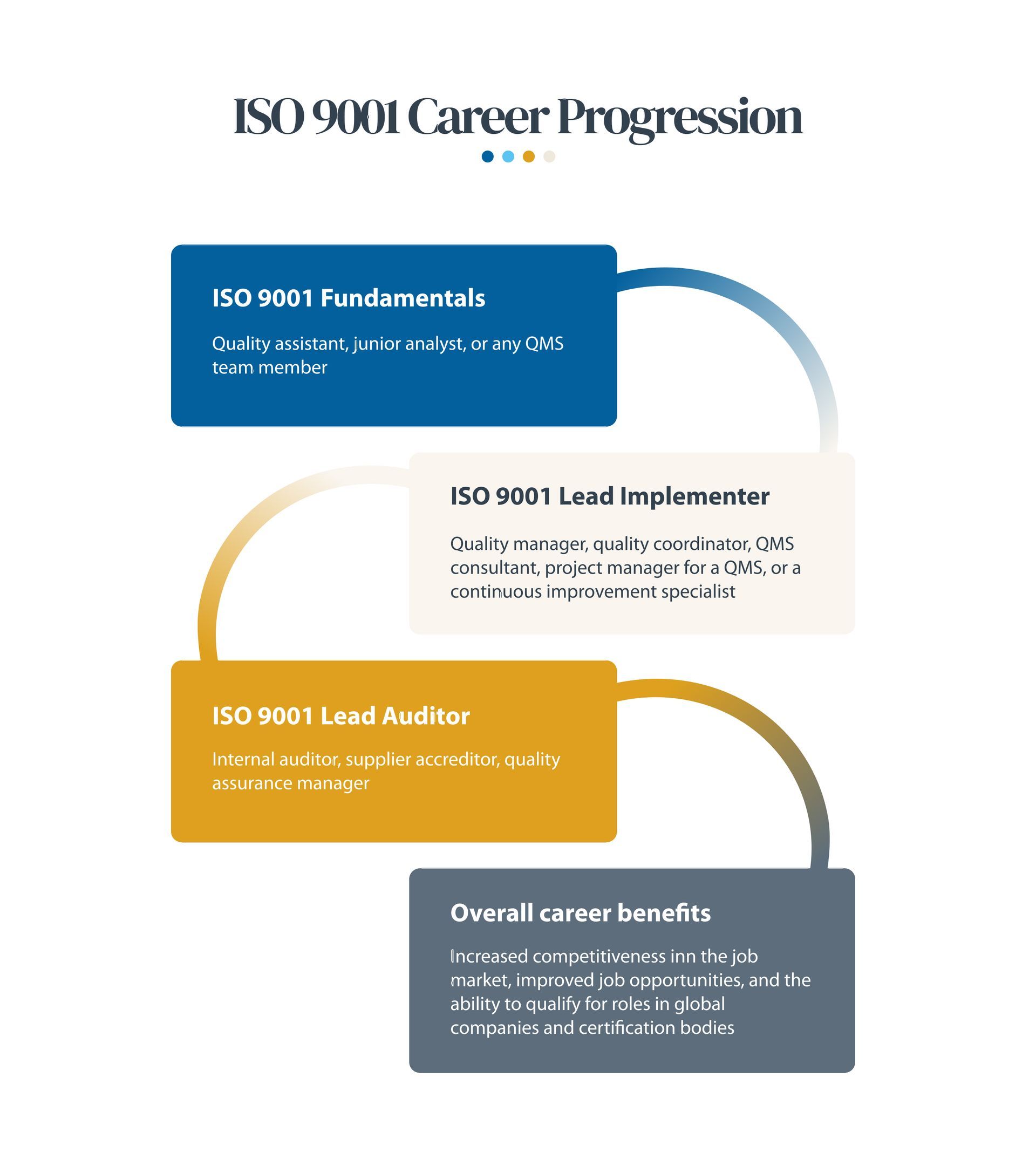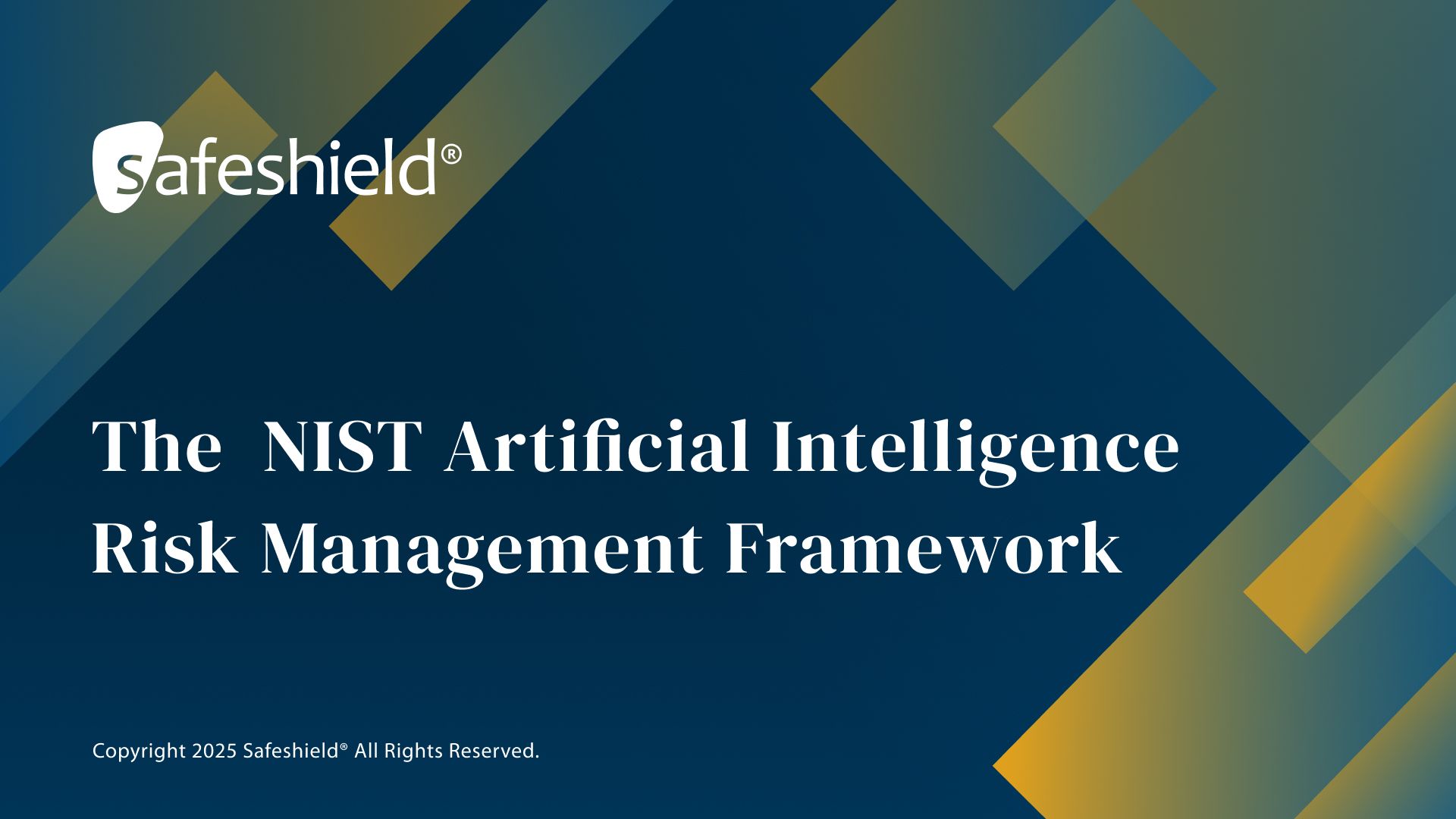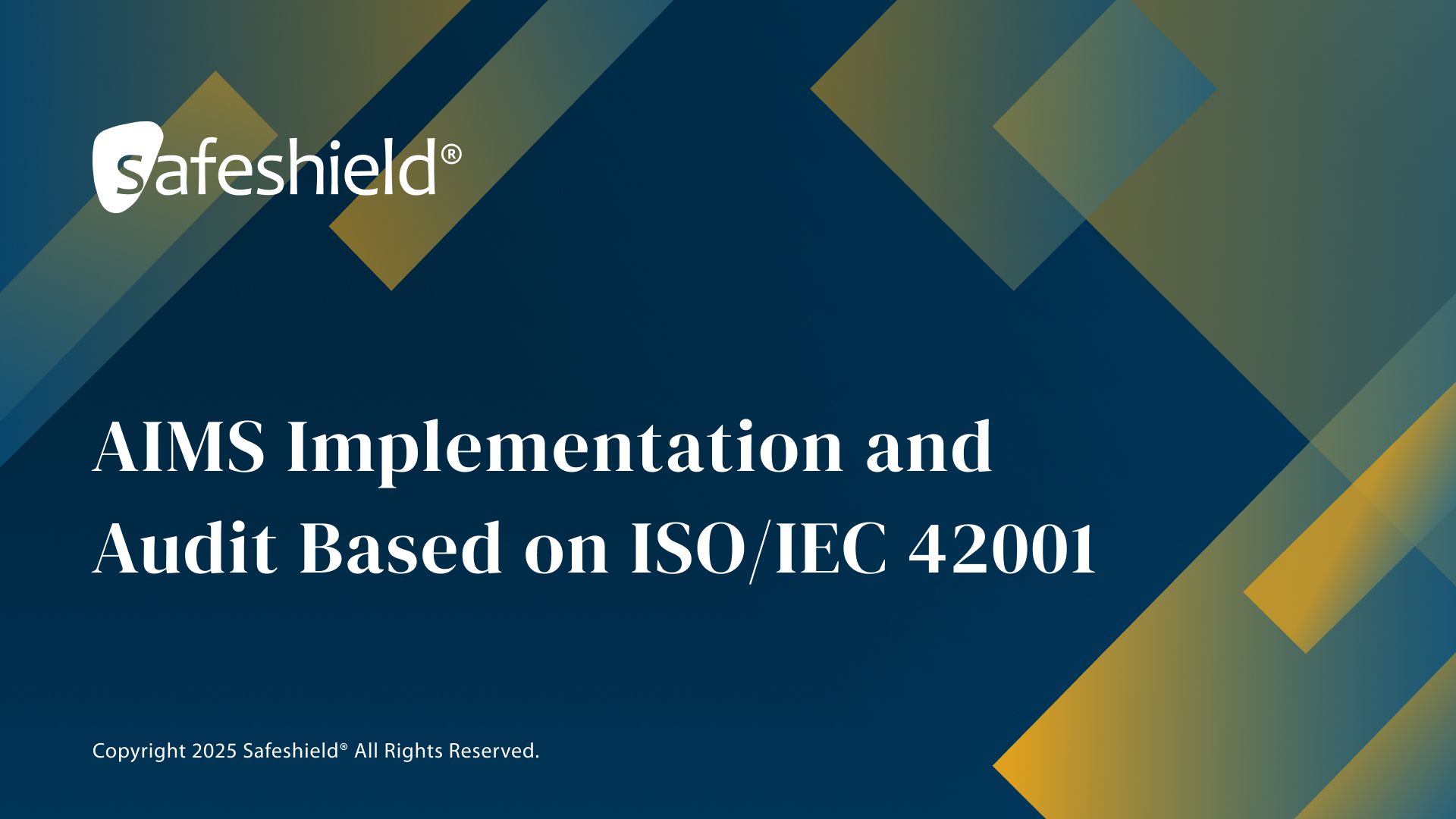ISO 9001 Certification Guide: Training Benefits & Career Paths
June 17, 2025
Why businesses turn to ISO 9001 to fix recurring problems
In business, having a great idea isn’t enough. Customers expect reliability, efficiency, and consistent quality every time they interact with your product or service. But without strong quality control systems, even the best companies struggle to maintain such standards.
Missed deadlines, customer complaints, and costly mistakes often point to one root problem: broken or inconsistent company processes. Many businesses try to patch issues as they appear, but temporary fixes don’t last. Without a structured approach, the same problems keep coming back—leading to lost revenue, wasted resources, failed audits, and a damaged reputation.
ISO 9001 offers a global standard for building strong, repeatable processes that help organizations deliver consistent quality, improve operations, and meet customer expectations
What is ISO 9001? A flexible framework for consistent quality
ISO 9001 is an internationally recognized, process-based framework for building and managing an effective quality management system (QMS). Rather than prescribing rigid rules, it helps organizations design customized processes that ensure reliable outcomes, meet customer needs, comply with legal requirements, and drive continuous improvement.
ISO 9001 serves as a practical blueprint for operational excellence—flexible enough to apply to any organization, in any industry, of any size. First published by the International Organization for Standardization (ISO), ISO 9001 is now used by over one million organizations worldwide across every major sector.
The seven quality management principles: building blocks of ISO 9001
At the core of ISO 9001 are seven principles that help organizations build strong, effective quality management systems. These principles guide both daily operations and long-term strategy:
- Customer focus: Understand what customers need and expect—and work to meet or exceed those expectations.
- Leadership: Leaders create a clear direction and purpose, ensuring everyone is aligned and focused on quality goals.
- Engagement of people: Employees at all levels contribute when they are skilled, involved, and empowered to improve processes.
- Process approach: Viewing activities as connected processes allows organizations to achieve consistent, predictable results more efficiently.
- Improvement: Continual improvement helps organizations adapt to change, solve problems, and create new opportunities.
- Evidence-based decision making: Using accurate data and careful analysis leads to better, more reliable decisions.
- Relationship management: Long-term success depends on strong relationships with suppliers, partners, and other key stakeholders.
Why ISO 9001 matters: benefits for organizations and individuals
Investing in ISO 9001 delivers long-term benefits—whether by certifying your organization or by advancing your personal training.
For organizations:
- Improved customer satisfaction and loyalty: Meeting customer needs consistently builds trust and stronger client relationships.
- Greater efficiency and lower costs: A well-managed quality system streamlines processes, eliminates waste, and reduces costly errors.
- Stronger risk management: ISO 9001 encourages businesses to identify and address risks before they become major problems.
- Competitive market advantage: Certification demonstrates your commitment to quality, often giving you an edge in bidding for contracts and accessing new markets.
- Enhanced business reputation: ISO 9001 certification improves your standing with customers, partners, and regulators.
- Standardized processes: Consistent procedures across the organization lead to predictable, reliable performance.
For Individuals:
- Career advancement and higher earning potential: ISO 9001 skills open doors to roles such as quality manager, internal auditor, and QMS consultant.
- Proven expertise and professional recognition: Certification validates your knowledge and makes you a trusted resource in any organization.
- Stronger problem-solving and analytical skills: Training includes tools like root cause analysis to help you resolve quality issues and support continuous improvement.
- Cross-industry versatility: ISO 9001 principles apply in nearly every sector, making your skills highly transferable.
- Stronger credibility with clients, regulators, and certification bodies: Certification gives you confidence when working in regulated industries or with global companies.
Your journey to ISO 9001 certification
The path to ISO 9001 certification is flexible. Different levels of ISO 9001 training are available depending on your career goals and role within the organization.
| Certification | Who it's for | What you'll learn | What you can do |
|---|---|---|---|
| ISO 9001 Foundations | Beginners, team members, anyone needing a basic understanding of quality management systems | Core principles of ISO 9001, QMS structure, key terms, and how a basic QMS operates | Understand ISO 9001 and contribute effectively to QMS projects |
| ISO 9001 Lead Implementer | Quality managers, consultants, and project leaders responsible for building and maintaining a QMS | How to design and implement a full QMS, control documentation, apply risk-based thinking, manage continuous improvement, and engage leadership | Lead full QMS implementation projects from start to certification |
| ISO 9001 Lead Auditor | Internal auditors, compliance officers, supplier auditors, and anyone conducting audits | Audit principles based on ISO 19011, audit planning, conducting and reporting audits, managing audit teams, and using root cause analysis for non-conformities | Conduct internal and external ISO 9001 audits, identify issues, and lead corrective actions |

When selecting your ISO 9001 training, it’s important to choose an accredited provider. Accreditation means the training course and certification process meet strict international standards for quality, fairness, and competence. This ensures that the ISO 9001 certifications you earn are widely recognized and trusted by employers, certification bodies, and organizations worldwide.
Clearing myths to see the real value of ISO 9001 certification
Some myths make people hesitate before pursuing ISO 9001 certification. Let’s clear up a few of the most common ones:
- “ISO 9001 is just a lot of paperwork.”: This is one of the biggest misconceptions. Yes, documentation is part of a quality management system (QMS), but it’s not meant to create unnecessary bureaucracy. Proper documentation ensures consistency, supports clear communication, and helps teams follow processes correctly. The goal is always efficient documentation that supports your work — not paperwork for its own sake.
- “ISO 9001 is only for large manufacturing companies.”: Not true. ISO 9001 is designed for any organization, in any industry, of any size. Its principles apply to everything from small startups and service companies to healthcare providers, tech firms, and government agencies. Wherever quality matters, ISO 9001 fits.
- “It’s too expensive or too complicated to implement.”: While there’s an investment of time and resources, the long-term benefits—better efficiency, fewer mistakes, and higher customer satisfaction—often result in significant savings. For many organizations, ISO 9001 pays for itself by reducing waste, avoiding costly errors, and improving operations.
The human element: driving quality through people
A quality management system is ultimately about people. ISO 9001 training highlights two key human factors that drive the success of any QMS:
- Management commitment: When leaders actively support the quality management system, provide resources, and lead by example, they set the tone for the entire organization. Leadership commitment creates a culture where quality becomes everyone’s responsibility.
- Employee ownership of quality: When staff understand processes and feel ownership, they’re more likely to spot problems early, suggest improvements, and follow procedures consistently. Daily attention to quality at every level keeps the system working.
Good ISO 9001 training goes beyond technical requirements. It teaches how to build a culture of quality that involves both management and employees, ensuring lasting results.
Global recognition makes ISO 9001 certification a long-term career asset
One of the strongest reasons to pursue ISO 9001 certification is its global value. ISO 9001 is recognized in more than 170 countries. Organizations around the world use the standard to qualify suppliers, certify operations, and train staff.
Holding an ISO 9001 certification—whether as a lead auditor, lead implementer, or foundations graduate—gives you a credential trusted by businesses, certification bodies, and government agencies across industries and borders.
Because ISO 9001 applies to nearly every sector, your certification stays valuable even if you change industries or relocate. It shows employers that you understand quality management practices that work in any organization, anywhere in the world.
Why now is the right time to get ISO 9001 certified
Whether you want to strengthen your organization’s quality processes, advance your career in quality management, qualify for roles as a lead auditor or lead implementer, or build a strong foundation in quality management, ISO 9001 certification is one of the smartest investments you can make.
The demand for professionals with ISO 9001 knowledge is growing. Organizations need skilled implementers to build and improve their quality management systems. They also need qualified auditors to verify compliance and drive continuous improvement. At the same time, companies worldwide want ISO 9001-trained employees who can increase efficiency, reduce waste, and deliver consistent customer satisfaction.
Take the next step in your ISO 9001 journey:
- ready to audit? Master compliance and improvement with our ISO 9001 Lead Auditor Training
- leading implementation? Drive transformation with our ISO 9001 Lead Implementer Training
Share this article





